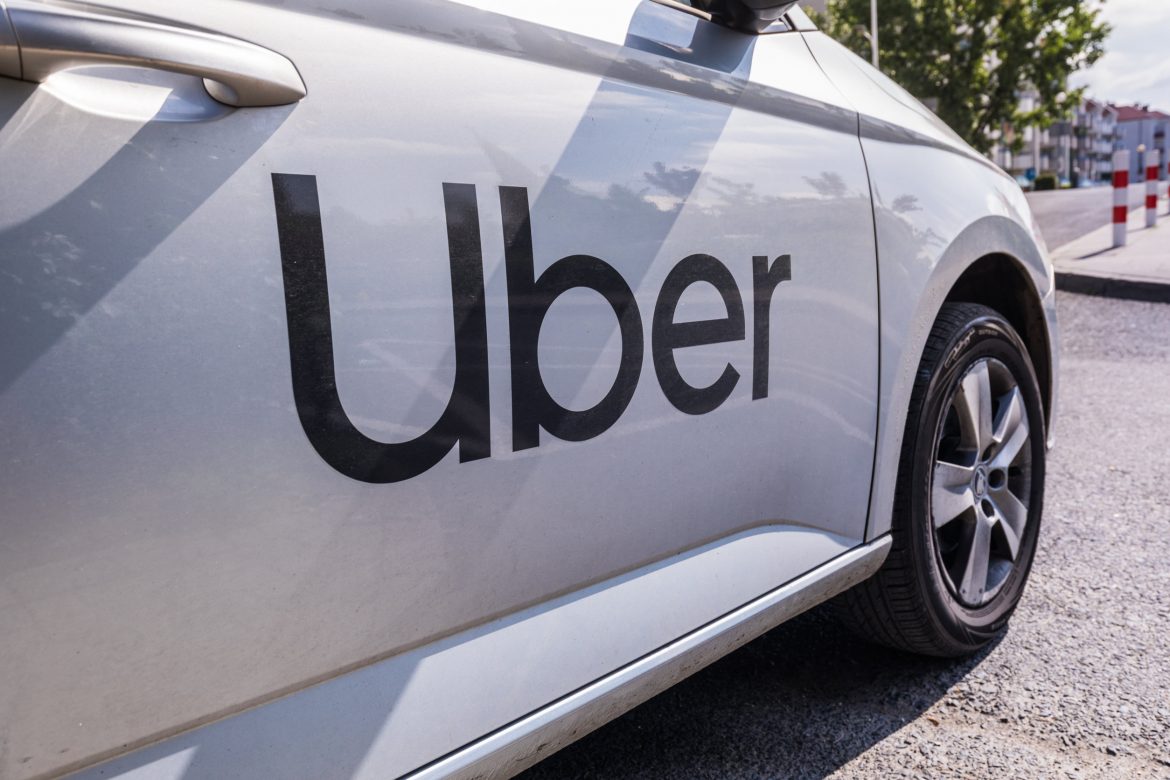In a significant legal victory for gig economy companies, an appeals court in California has upheld Proposition 22, allowing Uber, Lyft, DoorDash, and similar firms to continue classifying their drivers as independent contractors rather than employees.
This ruling reinforces the status of gig workers, preserving their flexibility and independence while reshaping the dynamics of worker classification in the state.
Proposition 22 solidifies gig worker status
Proposition 22, passed by California voters in November 2020, was designed to protect the gig economy model by allowing companies to classify their drivers as independent contractors.
This status grants drivers the autonomy to choose their own work hours and days, contrasting with the traditional employee model that comes with set schedules and benefits.
Proponents of Proposition 22 argue that this flexibility is a key advantage for drivers, who can work as much or as little as they wish without the constraints of a conventional employment structure.
The appeal, filed by a union group, challenged Proposition 22, arguing that the law undermines the state’s definition of an employee and allows companies to evade costs associated with employee benefits such as insurance and paid sick leave.
The union’s position was that classifying drivers as contractors, rather than employees, results in significant cost savings for companies at the expense of worker benefits.
Companies react to the decision
Both Uber and Lyft expressed pleasure at their judgement, reiterating how the decision not only supports their wishes, but also those of the workers, implying it was just the unions that wanted to force the employment model on everyone.
This is what Uber had to say:
Whether drivers or couriers choose to earn just a few hours a week or more, their freedom to work when and how they want is now firmly etched into California law, putting an end to misguided attempts to force them into an employment model that they overwhelmingly do not want
Lyft echoed similar sentiment in a blog post published on its website.
After Prop. 22 went into effect, more than 80% of California drivers surveyed said that it has been good for them. In fact, median hourly earnings of drivers on the Lyft platform in California were 22% higher in 2023 than in 2019.
What does it mean for investors?
The court’s decision is a notable win for publicly traded companies like Uber, Lyft, and DoorDash, potentially enhancing their operational efficiency by maintaining their low-cost business models.
The immediate reaction in the stock market saw a temporary rise in share prices for these companies. However, the enthusiasm was short-lived due to broader market uncertainties and a general pullback in stock trading.
Despite the current market volatility, the ruling provides these companies with a degree of legal certainty, allowing them to operate without the constant threat of regulatory changes that could disrupt their business models.
This stability may contribute to long-term investor confidence, even as short-term market reactions remain cautious.
The appeals court decision upholding Proposition 22 not only reaffirms the gig economy model but also highlights the ongoing debate over worker classification and benefits.
As companies and investors navigate these dynamics, the implications of this ruling will continue to shape the future of gig work and its impact on the broader economy.
The post Uber and Lyft win court battle: Drivers to remain classified as independent contractors appeared first on Invezz
